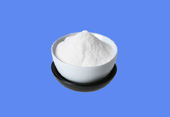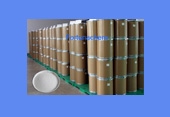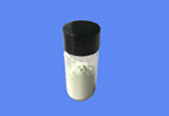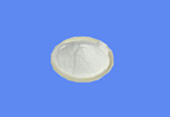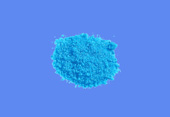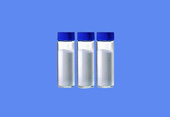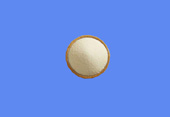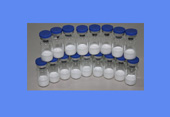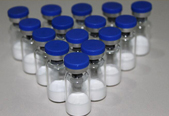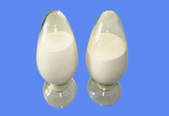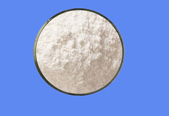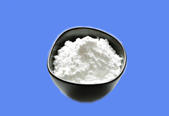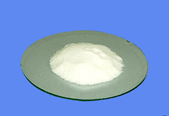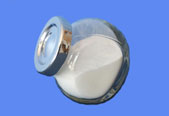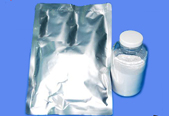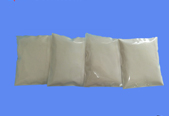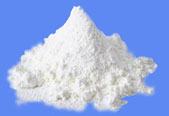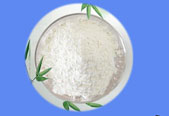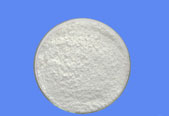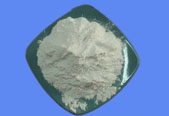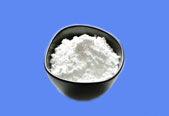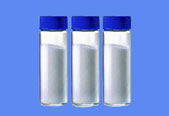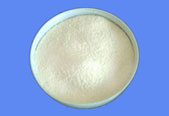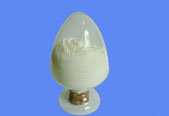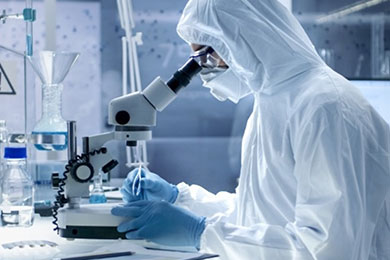
Search

Search

Peptides are compounds made up of dehydration of two or more amino acids. The simplest peptide consists of two amino acids called dipeptides. Peptides contain multiple amino acids. Peptides are widely found in animals, plants and microorganisms, have important physiological functions, and have special functions in the growth and development of organisms, cell differentiation, brain activity, tumor lesions, immune defense, reproductive control and anti-aging.
Peptides mainly control the growth, development, immunomodulation and metabolism of the human body, it is in a balanced state in the human body, if the active peptides are reduced, the function of the human body has important changes. For children, the lack of active peptides, his growth, development becomes slow, or even stop, long-term formation of dwarfs, for adults or the elderly, lack of active peptides, their immunity will decline, metabolic disorders, endocrine disorders, causing a variety of diseases, such as insomnia, body wasting or puffiness. Because active peptides also act on the nervous system, so the human body will become slow, the mind is no longer intelligent, more important is the reduction of active peptides, directly causing the body parts gradually appear full aging, causing a variety of diseases.

Peptides and proteins are generally different in structure, peptides are mostly amino acids dehydrated to form the amino acid chain, and proteins are mostly composed of peptide chains. They are also functionally different, with some peptides not biologically active and proteins usually available. In addition, the connotation of the two are also different, peptides are usually the primary structure of protein formation, mostly only emphasize linear sequence, and protein has a certain spatial structure, most of which is the emphasis term of three-dimensional spatial structure.

The preferred solvent for most peptides is ultrapure pumped water. Dilute acetic acid or ammonia are important for the dissolution of alkaline or acidic peptides, respectively. These methods of insoluble peptides require DMF, radon, guanidiniam chloride, or acetonitrnle to dissolve.


Fortunachem Provides Not Only Professional Chemical Products But Also Professional Help
Keeping you up-to-date with all the latest information, news, and events about Fortunachem!

Quick Links
Add:
E-mail:
 English
English  Español
Español  français
français  العربية
العربية 